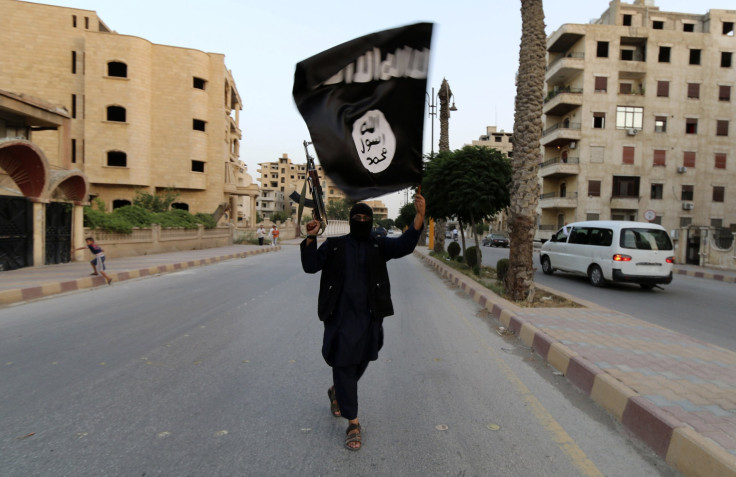ASIO Chief Urges Travel Bans, Says Terrorism Remains A 'Real' Challenge

Despite a low level security threat in Australia, terrorism is still a "real and pervasive" challenge to national security, Australian Security Intelligence Organization (ASIO) director-general Mike Burgess warned, before stressing on the need for travel bans to deter citizens from travelling to terror hotspots.
"The threat of Islamic State in Africa was not about to immediately increase, but the agency was monitoring the region as there was a good chance it could happen in the future. It's a real possibility that we could see the rise of ISIL and ... to have the offence actually would be useful if that situation was to occur," Burgess told a parliamentary inquiry on Monday, as reported by Yahoo.
Burgess also stressed on the need for travel bans to deter Australians from joining terrorists groups overseas, though the number has reduced since the peak of ISIS activities in Iraq and Syria.
Under Australia's counter-terrorism laws, those who travel to places, which are declared as posing a good risk of terror activity, could be prosecuted. This provision is set to end in September this year.
According to news.com.au report, the ASIO chief said he is aware of "general conversation about Gaza and South Lebanon being designated as areas of concern," adding that "the intelligence agency has not been asked for a formal advice."
Currently, Australia has not declared a no-travel zone. The federal government is planning to extend the counter-terrorism laws and target areas that are "dangerous locations in which listed terrorist organizations are engaging in hostile activities."
Under the present law, those found guilty is sentenced to life imprisonment. And, a person convicted of recruiting people to join terror organizations gets 25 years in jail.
Since 2012, about 230 Australians have travelled to Syria and Iraq to join terror groups such as the ISIS. According to Australian Federal Police (AFP) Acting Assistant Commissioner Stephen Nutt of those 230 people, about 120 were believed to be dead. Recently, the country has seen a rising number of terrorist incidents and "operational activities," Nutt said, adding that a total of 168 people had been charged with terrorist offences since 2014.
"The AFP remains concerned that individuals who have travelled to a declared area and/or engaged in terrorist activity or supported terrorist groups, can present a threat to Australia both while overseas and in the event they return to Australia," Nutt said.
Australian Human Rights Commissioner (AHRC) Lorraine Finlay, however, said the present law is a "blunt tool" and risked criminalizing normal actions, such visiting friends or family, doing business or retrieving personal property. "The onus of proof is on the accused to establish that the purpose of their travel is legitimate, and the commission has concerns about the limited scope for permissible reasons for travel," the AHRC told the inquiry.
© Copyright 2025 IBTimes AU. All rights reserved.





















